Among the new faces on campus this fall, eight tenure-track faculty will bring an impressive range of expertise and mentorship as they begin teaching in Gambier.
Provost Jeff Bowman, whose office oversees the College’s academic division, said they represent outstanding additions to the College.
“This is a group of exciting and accomplished scholars and artists,” he said. “They will prove inspiring teachers to our students. It is a pleasure to welcome them to Kenyon's faculty."
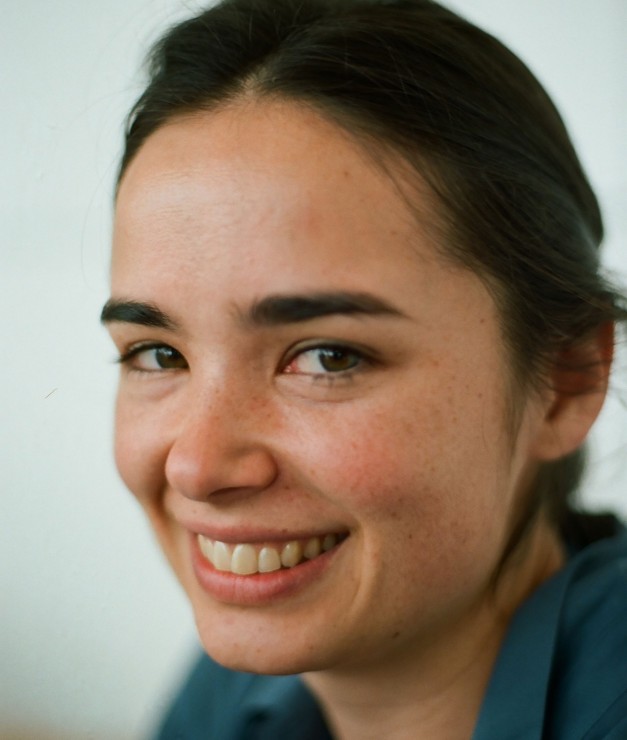
Phoebe Carter ’17
Assistant Professor of Arabic
Phoebe Carter is a Kenyon alumna of the Class of 2017. Her research interests include modern Arabic literature; cultural connections between the Middle East and Latin America; literature of migration; and Arab American music. Her current research considers how writers and musicians during an initial period of Arab transatlantic migration (1860s-1930s) responded to histories of conquest and enslavement in the Americas. She also translates poetry and prose from Arabic and Spanish. Her published translations include poetry by Argentine poet Laura Yasan and Syrian poet Rasha Omran, and the Moroccan novel “Kafka in Tangier.”
Her areas of expertise include modern Arabic literature, Arab Atlantic literature and culture, literary and cultural theory, and translation studies.
- Doctor of Philosophy in comparative literature from Harvard University (2024)
- Master of Arts in comparative literature from Harvard University (2021)
- Bachelor of Arts in modern languages and literature from Kenyon College (2017)
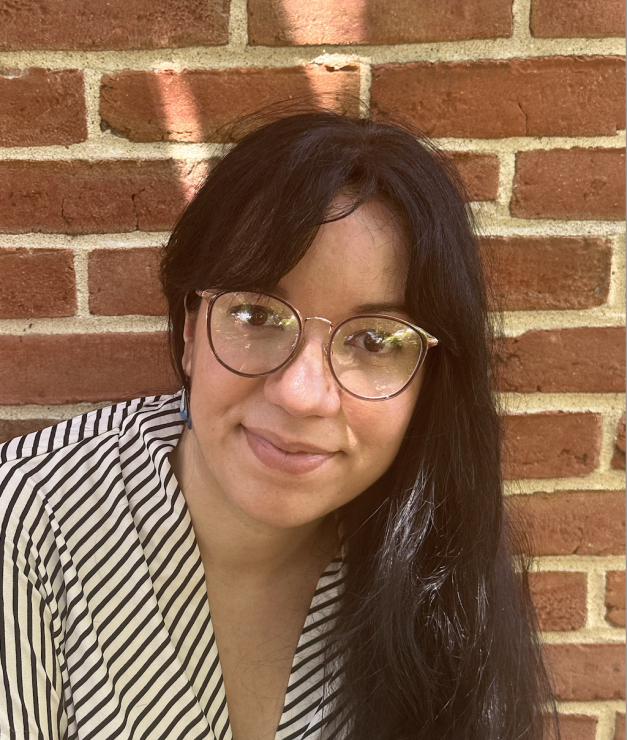
Sahai Couso Díaz
Assistant Professor of Spanish
Sahai Couso Díaz’s research and teaching interests include race, science, literature and museum studies in Latin America and the Caribbean during the colonial period and beyond. Her interests stretch far and wide as she is also drawn to media studies, visual culture, digital humanities, and emerging technologies. Her essays have appeared in peer-reviewed journals such as Bulletin of Hispanic Studies, Chasqui, and Confluencia.
Prior to joining Kenyon, she was a Hastac Scholar; a 2020-2021 Andrew W. Mellon Fellow for Digital Humanities; and a 2022-2023 fellow at the Robert Penn Warren Center for the Humanities at Vanderbilt University. She held a visiting position at Williams College and taught at her alma mater, the University of Havana.
Her areas of expertise include 18th to 21st century Spanish and Latin American literature and media; transatlantic and hemispheric studies; museum studies; and ethnic and race studies.
- Doctor of Philosophy in Spanish studies and comparative media analysis and practice from Vanderbilt University (2023)
- Master of Arts in Spanish from Vanderbilt University (2019)
- Licenciatura (equivalent to Bachelor of Arts) in Latin American literature from the University of Havana, Cuba (2013)
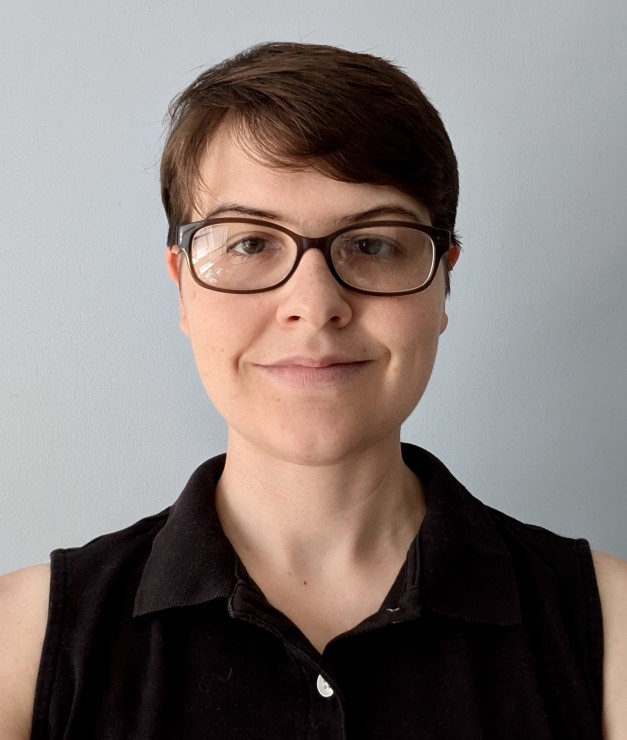
Marissa Gee
Assistant Professor of Mathematics
Marissa Gee’s research focuses on applications of optimal control — the study of how to effectively influence a modeled system in order to achieve a desirable outcome. Her projects combine techniques from mathematical modeling, partial differential equations, and numerical methods, and are motivated by applications in robotics and ecology. Gee is passionate about and fascinated by teaching and learning. She values active participation and experimentation in class, and encourages students to view math as an exploratory process with more than one possible correct answer.
In her free time, Gee enjoys reading, choral music, knitting, and taking her cat for walks.
- Doctor of Philosophy in applied mathematics from Cornell University (2024)
- Master of Science in applied mathematics from Cornell University (2021)
- Bachelor of Science in mathematics from Harvey Mudd College (2018)
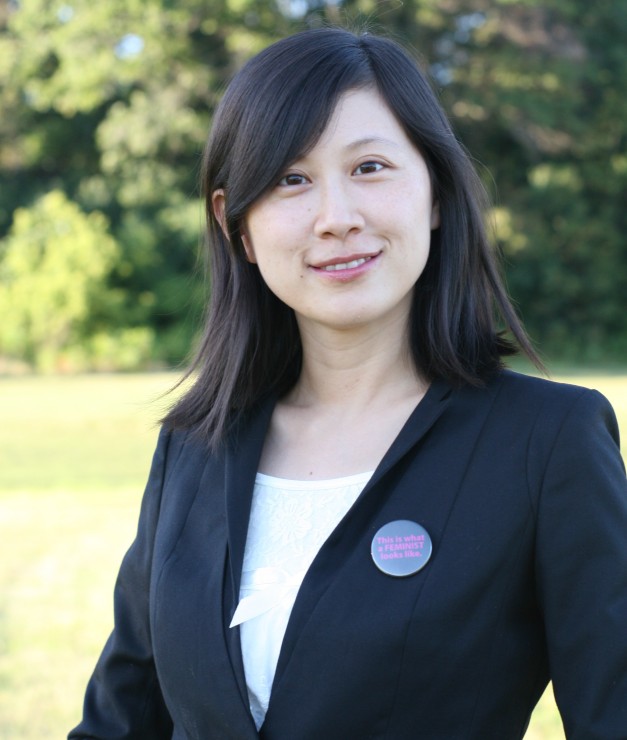
Lin Li
James P. Storer Assistant Professor of Asian History
Lin Li is a gender historian of East Asia. Adopting a transnational and intersectional methodology, she is interested in the dynamic interactions among structural injustice, historical memory, and popular culture. Li's research and teaching center on two main themes: One is the production of structural violence along the lines of gender, ethnicity and disability across the Japanese empire. The second is the representation of this violence within historical memory and popular culture in the Asia-Pacific from the Cold War onward.
Li is currently preparing a monograph that examines the emergence and struggle over trans-Pacific historical memories of the “comfort women” system, a euphemism for a system of Japanese military sexual slavery. She serves as the co-chair of National Women’s Studies Association’s North American Asian Feminist Collective caucus.
- Doctor of Philosophy in East Asian history with a minor in gender and women’s studies from the University of Wisconsin-Madison (2020)
- Master of Arts in East Asian history from the University of Wisconsin-Madison (2015)
- Bachelor of Arts in History from East China Normal University (2010)
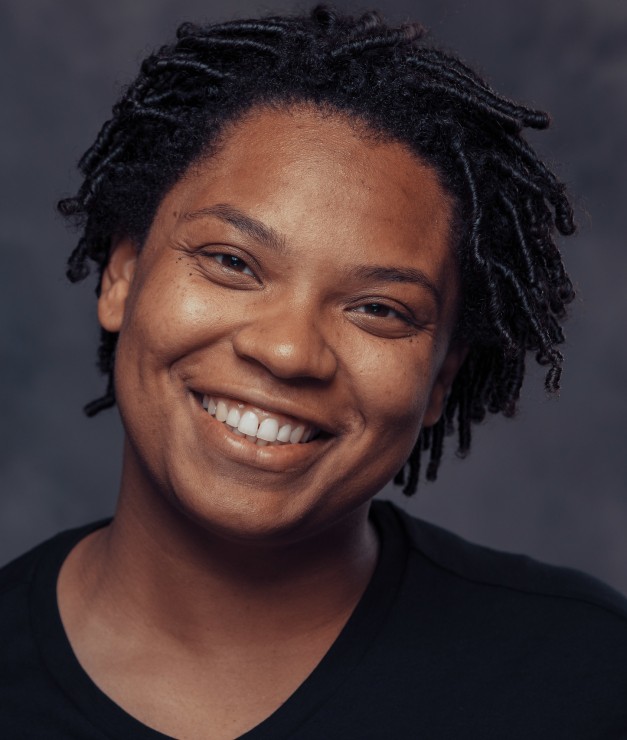
A.F. Oehmke
Assistant Professor of Art
A.F. Oehmke is an artist, writer, designer and educator based in the Midwest. Oehmke’s practice and pedagogy center a Black Feminist mandate that emphasizes being rather than making, and exploring cultural hierarchies and social ideologies. Integral to this mandate is the importance of moving with integrity, not striving for perfection. Intentionally obtuse at times, Oehmke’s work renders itself illegible to viewers without the skill or ability to decenter themselves — but if you know, you know. Oehmke’s courses encourage students to consider how design influences the built and natural worlds.
Oehmke’s work has been on view throughout the country — including in New York City, Baltimore, and Michigan — and featured in publications such as Hyperallergic, Art F City, and Eye on Design. The Cranbrook Museum of Art in Michigan houses Oehmke’s work in its permanent collection.
- Master of Fine Arts in 2D Design from the Cranbrook Academy of Art (2021)
- Bachelor of Fine Arts in interdisciplinary sculpture from the Maryland Institute College of Art (2017)
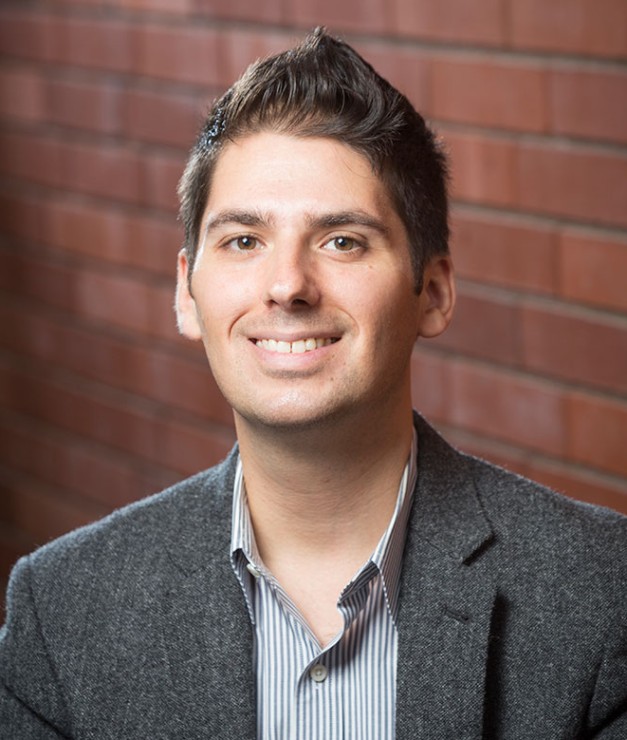
Alexander Rocklin
Assistant Professor of Religious Studies
Alexander Rocklin’s research examines the politics of “religion” in the interactive making of Hinduism, Islam, and the Afro-Atlantic religions Obeah and Spiritual Baptism in the colonial Caribbean. He focuses on marginalized cases in particular in order to understand what happens when groups and practices are excluded from what counts as religion.
Rocklin's first book, "The Regulation of Religion and the Making of Hinduism in Colonial Trinidad" (University of North Carolina Press, 2019), looks at the role of the category religion in the regulation of the lives of Indian indentured laborers and the production of Hinduism in Trinidad. His second book project analyzes the co-production of race and religion in the nineteenth and twentieth centuries through case studies of individuals identifying as “Hindu” in the circum-Caribbean region.
Rocklin teaches courses on topics including religions in the Americas, religions of South Asia, ghosts and zombies, and cults and cryptids.
- Doctor of Philosophy in the history of religions from the University of Chicago (2014)
- Master of Arts in religious studies from the University of Chicago (2007)
- Bachelor of Arts in the study of religion from Wesleyan University (2003)
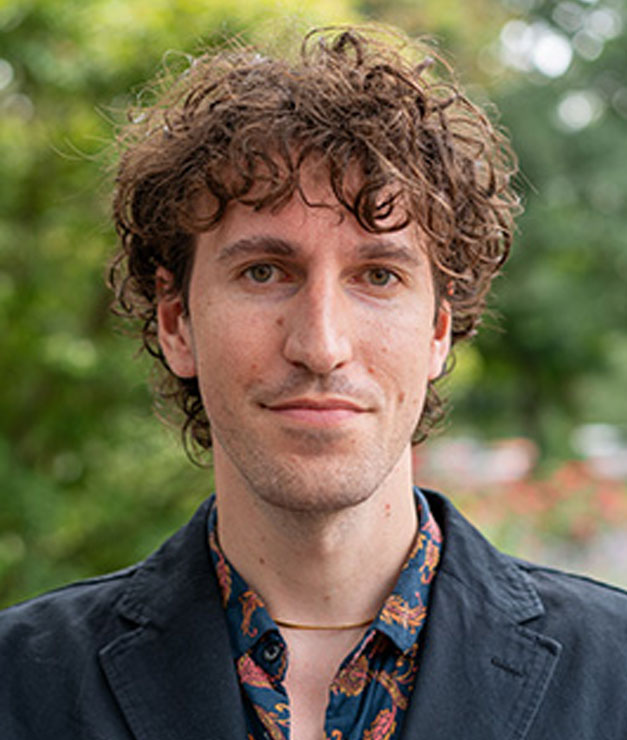
John Rufo
Assistant Professor of American Studies
John Rufo’s research focuses on the aesthetics of social movements related to abolition, especially concerning internationalism. It draws from several fields, including the convergence between abolition, Black feminism, social movements and rhetorical tropes (metaphor/metonymy). The critique of racial capitalism, and the various social movements across the 20th-century Americas engaged in this critique by way of resistant practices, is fundamental to their work. Ongoing research has been published in Diacritics (2023) and is forthcoming in a special issue of Social Text (2025).
Rufo’s classes focus on both individual activist-thinkers, such as Angela Davis, and larger collective social movements, like the prison abolition movement, to think through historical struggles in American politics, culture and social life related to race, gender, sexuality, class and ability. Rufo also is a practicing poet and poetry critic.
- Doctor of Philosophy in English and American Studies from the Graduate Center, CUNY
- Master of Fine Arts in image text from Ithaca College (2019)
- Bachelor of Arts in interdisciplinary studies from Hamilton College (2016)
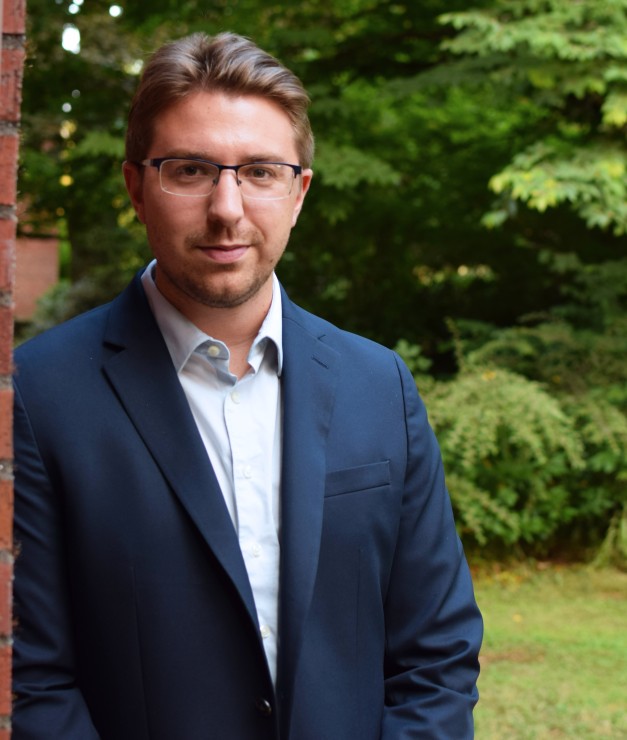
Nicholas Theis
Assistant Professor of Sociology
Nicholas Theis’s research broaches questions across several areas, including environmental sociology, world-systems analysis, rural issues, scientific knowledge production and research methods. Generally, he is interested in using quantitative methods to understand the intersection of social inequalities and environmental change across scales; innovating research areas by applying novel methods to well-studied questions; and analyzing the relationship between rural identities and environmental problems and decision-making.
Theis’s courses focus on the social dimensions of power and inequality, environmental problems, rural issues and research methods.
- Doctor of Philosophy in sociology from the University of Oregon (2024)
- Master of Science in sociology from the University of Oregon (2019)
- Bachelor of Science in political science from University of Wisconsin-La Crosse (2016)